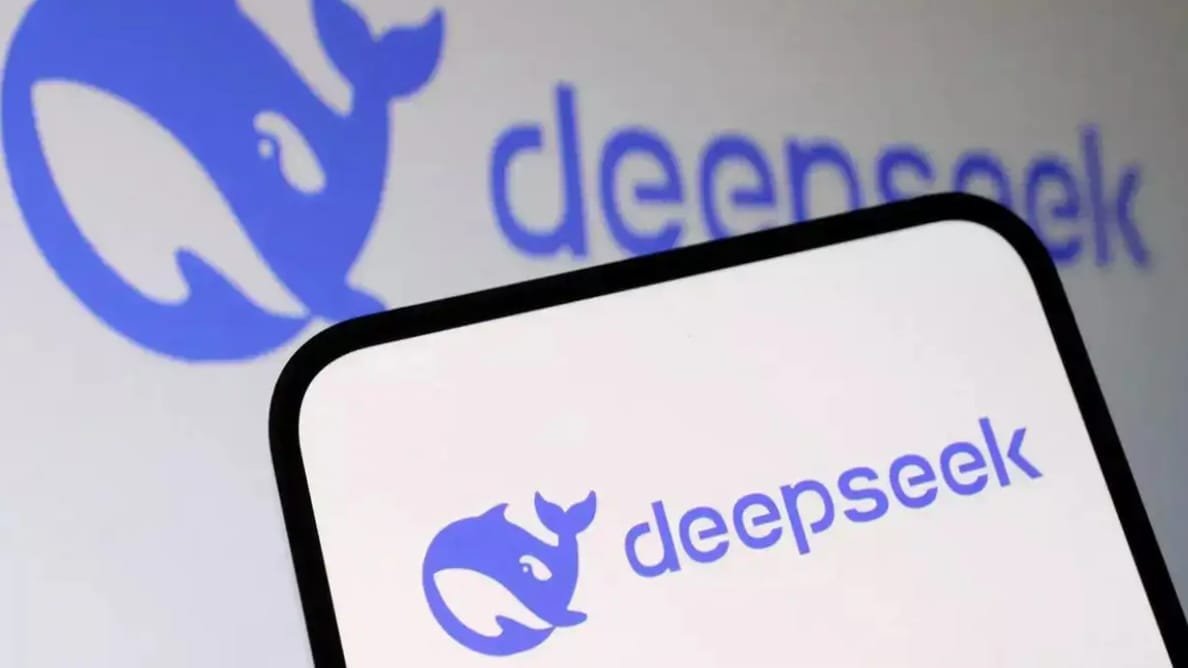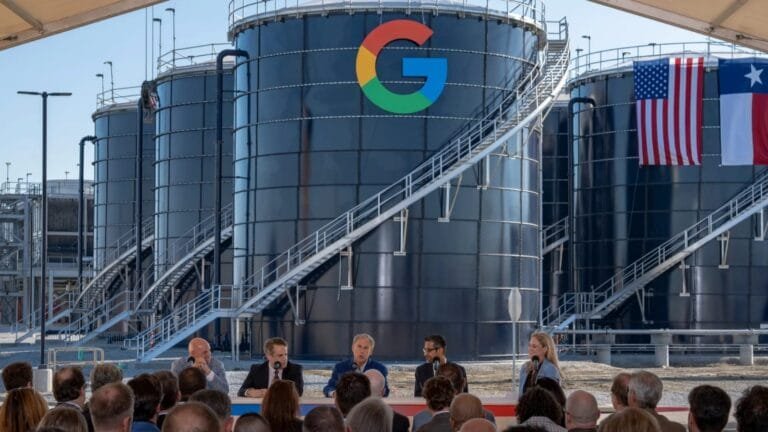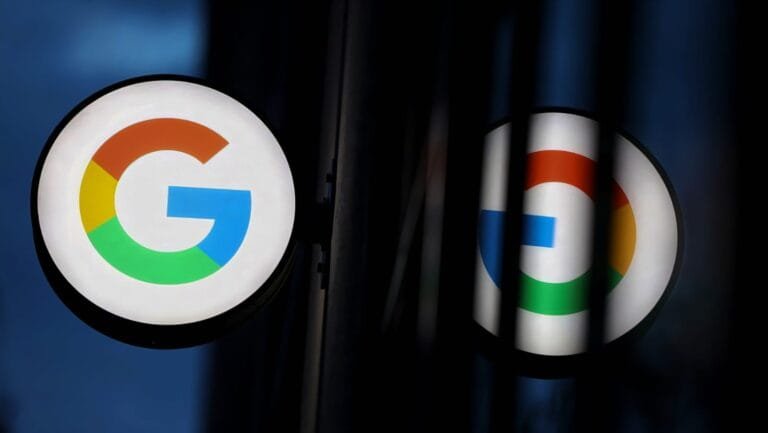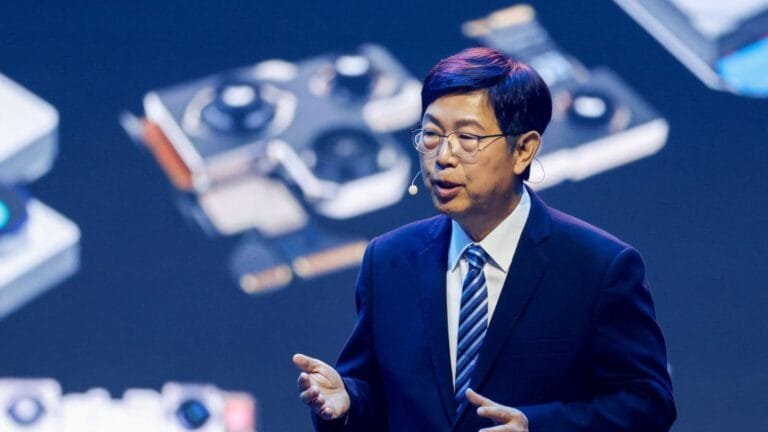
DeepSeek’s rise marks China’s growing confidence in AI innovation.
DeepSeek AI Rise: A Chinese AI Phenomenon
DeepSeek is a Chinese startup. It focuses on developing open-source AI models. In January 2025, it launched a low-cost AI model that outperformed leading American models. This made headlines worldwide. The company achieved success despite US sanctions on Chinese tech. The US had imposed restrictions on Chinese technology, but DeepSeek used domestically produced chips.
The company’s founder is Liang Wenfeng. In February 2025, he met with Chinese President Xi Jinping in a televised meeting with entrepreneurs. Following this, DeepSeek maintained a low profile, staying away from major Chinese tech conferences. In September 2025, it launched an upgraded V3 model, which was more efficient and processed longer texts better. DeepSeek strengthened the Chinese AI ecosystem. Domestic chip companies like Cambricon and Huawei built hardware for it. In August 2025, a model optimized for Chinese chips was released, which boosted domestic chip stocks. The government positioned DeepSeek as a symbol of China’s technological capabilities, a significant development amidst the US-China tech rivalry.
Event Details: First Appearance at the Wuzhen Dialogue
On November 7, 2025, an event took place in Wuzhen Town, Tongxiang City, Zhejiang Province. It was called the “Six Little Dragons Wuzhen Dialogue,” part of the World Internet Conference, organized by the Chinese government. DeepSeek’s senior researcher, Victor Chen (also known as Chen Daily), participated along with the CEOs of five other companies, including Unitree and BrainCo. These companies are referred to as the “Six Little Dragons” of Chinese AI. This was DeepSeek’s first public appearance after its success, almost a year later. The company had maintained a low profile after the success of its chatbot. At the event, Chen spoke about the future of AI. He praised the technology but warned of its negative impact on society. The audience included tech experts and government officials. The discussion focused on the risks of AI.
Victor Chen’s pessimistic view
Chen said, “I am very positive about the technology, but I consider its impact on society to be negative.” He described AI as a human assistant in the short term, but warned that it would endanger jobs in 5-10 years. AI will take over human tasks, and society will face a major challenge. Another quote from Chen: “In the next 10-20 years, AI could take over the remaining human tasks, which will pose a huge challenge to society.
Then tech companies should play the role of ‘defender’. Chen believes that AI firms should mitigate risks, and his remarks reflect the dual impact of AI. Technology brings progress, but it can also increase inequality. Jobs will decrease in wealthy countries, and developing countries will be affected. Chen highlighted the benefits of open-source but emphasized the need for control. This opinion is particularly relevant in the Chinese context. China is investing heavily in AI, but social stability is a concern. Unemployment could lead to unrest.
The Impact of AI on the Human Brain: Detection and Human Thought
How does AI affect the human brain? This question is paramount today. AI tools like ChatGPT are changing thought processes. People are seeking easy answers, and critical thinking is declining. DeepSeek’s model processes long texts, mimicking human memory. AI detection tools have emerged that identify whether content is AI-generated or human-created, such as GPTZero or Originality.AI. In the case of DeepSeek, Chen’s warning is related to protecting the human brain. If AI does everything, creativity will die. The human brain is unique; it has emotions and empathy. AI cannot replicate these. But increased dependence will affect mental health. Cases of depression may increase. Experts say that AI should be used as a tool, not a substitute for the brain. Chen’s point is in this direction: AI should empower humanity, not destroy it.
The Social Impact of DeepSeek AI rise
How is AI taking away jobs? Reports suggest that 800 million jobs will be affected by 2030, according to a World Economic Forum study. Models like DeepSeek are used in coding, writing, and analysis. Creative jobs are also at risk, although new jobs will also be created in AI ethics and maintenance. The problem is the skills gap. Poor people will be left behind, while wealthy countries will move ahead. Factory workers in China will be affected. The government will have to implement training programs. Chen, however, gave a timeframe of 5-10 years. Prepare until then. Tech companies must be responsible. Knowledge will spread through open source. But regulation is necessary.
The Role of the Chinese AI Ecosystem: DeepSeek
China is challenging the US in AI. DeepSeek is an example. Models trained with domestic chips. Reduced dependence on Nvidia. This impacted the stock market. Chinese chip companies strengthened, and the government made AI a national priority. Xi Jinping is talking about a global AI body to counter the US. DeepSeek’s success is inspiring. But Chen’s warning shows the need for balance, as well as a global perspective on the risks and opportunities of AI, which is the subject of debate worldwide. OpenAI’s Sam Altman says AI will benefit humanity, but Elon Musk warns of existential risks. Chen’s opinion lies between these two extremes: the technology is good, but the impact is bad. Meanwhile, regulations are stricter in Europe (EU AI Act) than in the US. Legislation is lagging behind in countries like India, where AI adoption is rapid. But skill development is essential.
Conclusion: A balanced step towards the future of DeepSeek AI rise
DeepSeek’s presence was significant. Chen warned, with a positive outlook, that AI will strengthen the human brain, not weaken it. Society must be prepared. Tech companies should act as defenders. Companies adopting an open-source approach accelerate progress, but also increase risks. Researcher Victor Chen discussed these risks.






